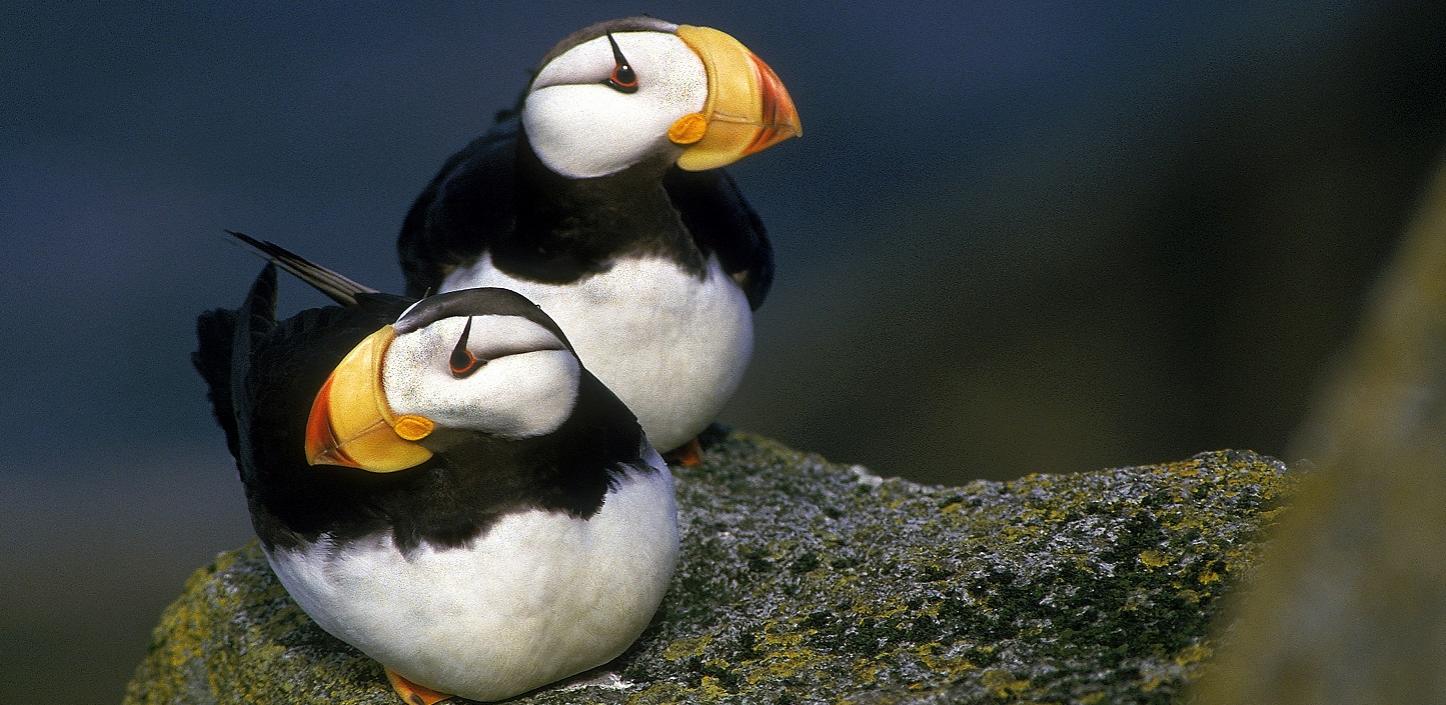
NFWF Announces Release of Alaska Fish and Wildlife Fund 2023 Request for Proposals
The program will award approximately $650,000 in conservation grants in Alaska
WASHINGTON, D.C. (September 7, 2022) –The National Fish and Wildlife Foundation (NFWF) today announced the release of the 2023 Request for Proposals (RFP) for the Alaska Fish and Wildlife Fund.
This year, the program will award approximately $650,000 in grants to projects within specific regions throughout Alaska that:
- Support fish habitat restoration to ensure long-term viability of the stock complex and fill information gaps to inform conservation actions, and improve subsistence management of Pacific salmon statewide.
- Improve ecological function in watersheds in and adjacent to the Chugach and Tongass National Forests with a focus on instream restoration, aquatic organism passage, and terrestrial wildlife improvements.
- Support comprehensive watershed management approaches to conserving fish and wildlife in the Cook Inlet, Matanuska-Susitna Basin, and Kodiak Archipelago regions.
- Fill key knowledge gaps and mitigate direct threats to species populations in the Alaska North Slope.
- Provide opportunities for students, particularly Alaska Natives, to engage in on-the-ground conservation activities and gain exposure to careers in conservation that provide qualifying service hours under the Public Lands Corps hiring authority.
Alaska Fish and Wildlife Fund grant proposals are due October 19, 2022 and the full RFP can be found here. An applicant webinar will be held September 15, 2022 at 12 p.m. Alaska Time.
The Alaska Fish and Wildlife Fund aims to achieve measurable on-the-ground conservation outcomes and fill key information gaps through assessments and strategic monitoring that result in improved habitat or population management actions. The program also works to conduct outreach to Native Alaskan communities to broaden engagement and conservation stewardship of natural resources, and to foster traditional ecological knowledge sharing that develops proactive management strategies.
All proposals will be screened for relevance, accuracy, completeness and compliance with NFWF and funding source policies. Proposals will then be evaluated based on the extent to which they meet the evaluation criteria found in the RFP.
Funding for the Alaska Fish and Wildlife Fund 2023 RFP is provided by the U.S. Fish and Wildlife Service and the U.S. Forest Service. Additional information about the program can be found here.
About the National Fish and Wildlife Foundation
Chartered by Congress in 1984, the National Fish and Wildlife Foundation (NFWF) protects and restores the nation’s fish, wildlife, plants and habitats. Working with federal, corporate and individual partners, NFWF has funded more than 4,500 organizations and generated a conservation impact of more than $5.3 billion. Learn more at www.nfwf.org.
About the U.S. Fish and Wildlife Service
The mission of the U.S. Fish and Wildlife Service is working with others to conserve, protect, and enhance fish, wildlife, plants, and their habitats for the continuing benefit of the American people. We are both a leader and trusted partner in fish and wildlife conservation, known for our scientific excellence, stewardship of lands and natural resources, dedicated professionals, and commitment to public service. For more information on our work and the people who make it happen, visit www.fws.gov.
About the U.S. Forest Service
Established in 1905, the Forest Service’s mission is to sustain the health, diversity, and productivity of the nation’s forests and grasslands to meet the needs of present and future generations. The agency manages 193 million acres of public land, provides assistance to state and private landowners, and maintains one of the largest forestry research organizations in the world. Public lands managed by the Forest Service provide 20 percent of the nation’s clean water supply and contribute more than $13 billion to the economy each year through visitor spending alone. The agency also supports sustainable management on about 500 million acres of private, state and tribal forests including forests in urban areas. For more information, visit www.fs.usda.gov.
###
Contact:
Rob Blumenthal, 202-857-0166, rob.blumenthal@nfwf.org